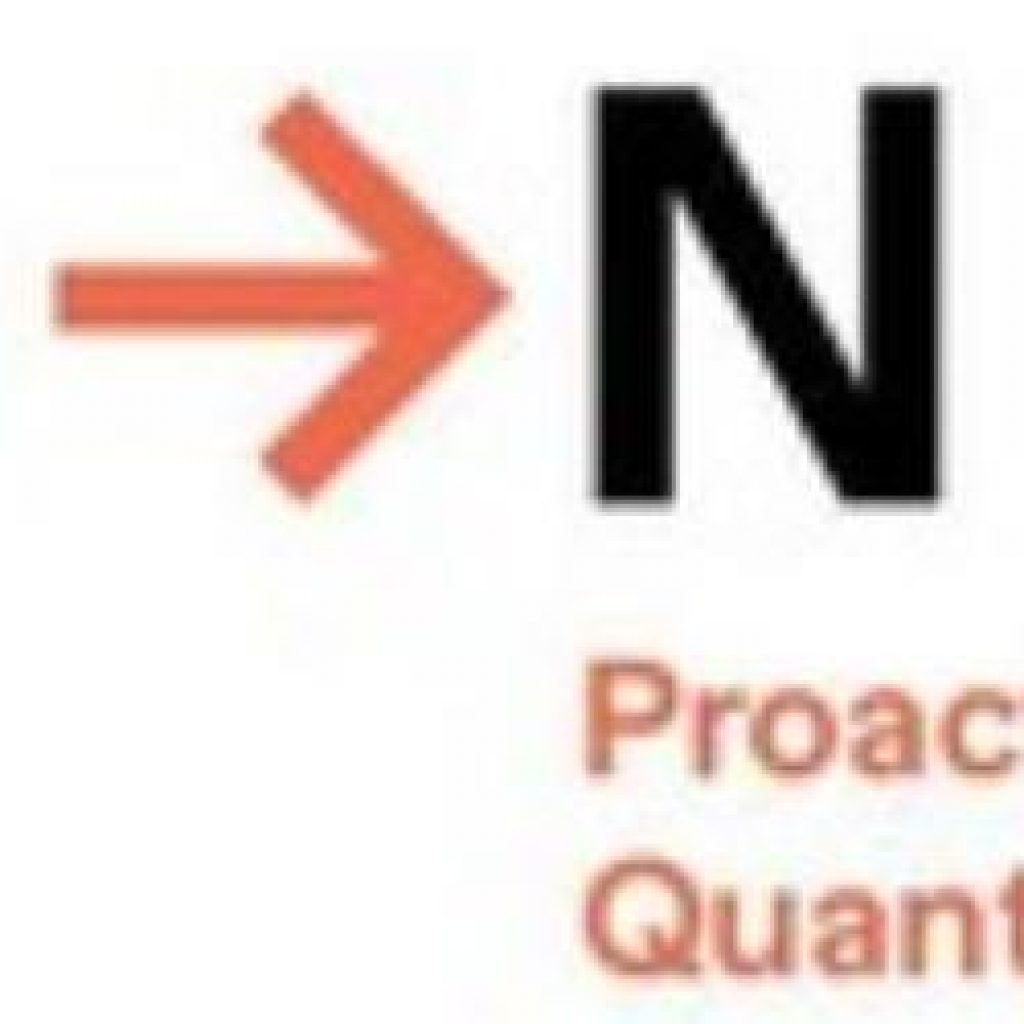(QNuLabsBlog) The covid pandemic will be remembered as a uniquely disruptive period in our lives — but not just as a global health crisis. Online life has digitally transformed, with exponential change at home and work via cyberspace. However, the negative cybersecurity impacts of these online changes have led many experts to summarize the combined events of this year as a growing “cyber pandemic”. As per a govt. report, cyber-attacks amidst this pandemic rose by almost 300% in India. Recently an American cyber intelligence company hinted at a suspected China-linked cyber operation that was focused on India’s electricity grid and other critical infrastructure. The above data highlights that hackers have become more active in the last 12 months, taking advantage of the distraction and confusion all around due to the pandemic. Hackers thrive on such situations to carry out cyber-attacks.
A parallel can be drawn between this health pandemic and the cyber pandemic (CP). CP is widespread across geographies, countries, industry verticals and size of the enterprises. Large defense organizations, cloud service providers, telecom utility providers, critical infrastructures, healthcare enterprises, payment gateways, and financial institutions are suffering from CP. Over 1,000 CXOs were asked about the effects of Covid-19 on enterprise and government organizations in a recent global study done by Tanium and 90 percent of executives surveyed experienced an increase in cyberattacks due to the pandemic.
The recent colonial pipeline ransomware attack and subsequent shutdown has been sending shockwaves through the United States.Unfortunately, majority of the discourse surrounding this cyber incident seems to miss the point: cyberattacks, especially those against our increasingly exposed critical infrastructure, are now part of our digital reality.
QNu Labs, an indigenous quantum security start-up from Bangalore had anticipated a data apocalypse type of situation happening in the near future. It therefore started building next gen data security products in 2016 using bleeding edge technology based on quantum physics. QNu’s quantum-based cryptographic systems use quantum random number generators to produce quantum encryption keys and uses superposition properties of photons to generate identical symmetric keys at both ends of the communication link. Any unauthorized intrusion into the communication immediately severs the quantum channel—it becomes known instantly that there has been an eavesdropping attack.
It is prudent and the need of the hour to implement the products and solutions based on this latest quantum technology. This technology may be new but it has gone through successful trials and implementation worldwide and, like the Covid vaccines, is ready for mass deployment.
It is time for quantum vaccination of enterprises to protect and minimize the impact from various attack vectors. Quvaxin from QNu consists of two solutions. The first solution (Tropos/Qosmos) upgrades the conventional software-based entropy source to quantum ready entropy source for generating encryption keys and digital certificates. The first jab will ensure instantaneously that the keys and digital certificates have no patterns or corelations of any kind which can be exploited by hackers. The second solution (Armos) takes the ‘data security in transit’ to the level of unconditional security so that no man in the middle can ever get an access to encryption keys, even on an unsecure network.
By Sunil Gupta
Quantum Vaccination Program for Enterprises
